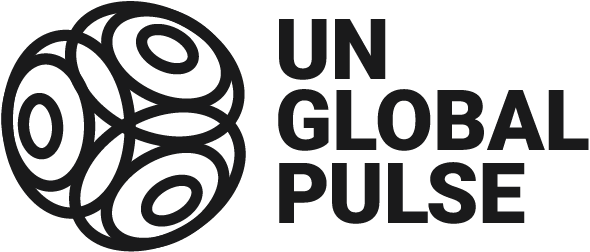Author(s): UN Global Pulse
Description
The year 2020 was many things. UN Global Pulse (UNGP), along with the rest of the world found itself in an entirely predictable (and predicted) context. The road has been both rewarding and challenging. From Jakarta to Helsinki, and from Kampala to New York, we learned a great deal in 2020. We got some things wrong and we were faced with failure. The good news is that there were a lot of successes. The team would build epidemiological models with UNHCR and OCHA, UCL and Durham University to support decision making in Cox’s Bazar refugee settlement. It would support WHO fight infodemics in Africa, countering often dangerous claims of cures, rumours of self-medication, and of anti-vaccine sentiment. With OHCHR the team would investigate the effects of the pandemic on some of the world’s most vulnerable people. With the Development Coordination Office (DCO) we managed to rapidly scale existing tools and approaches.
In 2020, as our collective modus operandi was forced to change due to COVID-19, we found new ways to connect with the community of practice, leveraging online conferencing platforms and tools. In this Annual Report, we’ve provided a snapshot of our activities, outlining their impact and their alignment with our key functions.
If 2020 taught us one thing, it is that change is never easy, but always possible. Read more about our year here.



